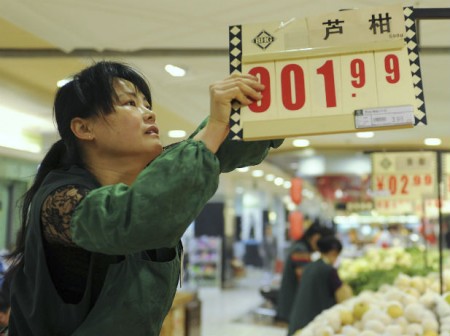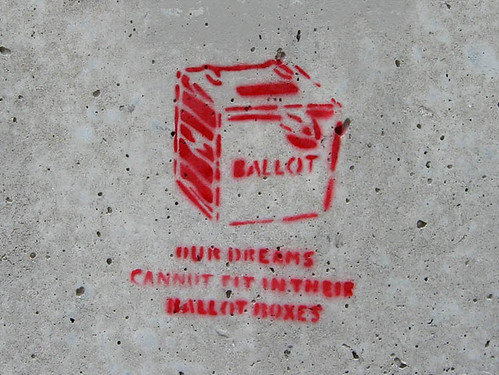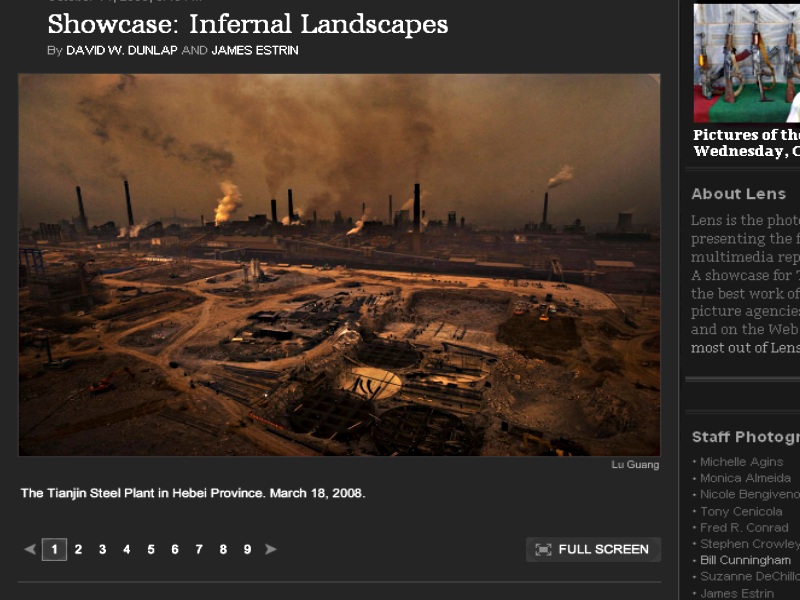By Isobel Coleman for Council on Foreign Relations.

In this week’s installment of Missing Pieces, Charles Landow discusses stories on China and Africa, as well as a report on U.S. international engagement. Enjoy the reading.
- China’s Challenges: Last week brought troubling economic news for China, with disappointing indicators on everything from import growth to retail sales to real estate investment. TheFinancial Times, the Guardian, MarketWatch, andReuters have reported on the numbers. The data indicating a slowdown come in the wake of major political scandals. The Bo Xilai saga (analyzed in a recent ForeignAffairs.com piece) continues to simmer and the Chen Guangcheng case (recounted in a Washington Post article by CFR’s Jerome Cohen) has shone a harsh light on human rights. With all these headwinds, a New York Times piece says that “triumphalism” over China’s economic and political model seems “at best, premature, and perhaps seriously misguided.” In a post on Asia Unbound, CFR’s Elizabeth Economy reviews China’s exhaustive efforts to control public debate. The authorities, she concludes, “are like the little Dutch boy with his finger in the dyke.”




